媒体与传播学(荣誉)文学士学位
BA (Hons) Media and Communication Studies

学历文凭
Bachelor Degree with Honours

专业院系
Department of Theatre, Film and Television Studies

开学时间

课程时长

课程学费

国际学生入学条件
IDP—雅思考试联合主办方

雅思考试总分
- 雅思总分:
- 托福网考总分:
- 托福笔试总分:
- 其他语言考试:
CRICOS代码: P300
申请截止日期: 请与IDP联系 以获取详细信息。
课程简介
The BA in Media & Communication Studies at Aberystwyth University explores who controls and owns our media, how media content is produced, and what kind of impact the media has on us as audiences. We will also introduce you to some of the key media and communication theorists and will consider how you can apply their thinking to your own study of media and communications. This degree will allow you to study in great detail the following: media fandom, advertising, news analysis, website design, digital culture, children and the media, surveillance society, language and the media, media history and policy together with creative practice experience in multi-platform production and experimental media. Your three years of study will be dynamic, invigorating and stimulating. Why study Media and Communication studies at Aberystwyth You will be taught and mentored by staff who are experts in the field of Media and Communication, have excellent connections to the industry, contribute to national debates on the media, and are at the forefront of research in the field. Students on this course will have a deeper understanding of sociology, psychology, cultural studies, history, philosophy, linguistics, and marketing. Students will be taught in vibrant, modern and dynamic teaching facilities including a brand new PC lab designed to assimilate the digital media industry, digital production and editing suites. Our industry links are embedded at the heart of the department with the BBC Wales, regional office and broadcast situated by the entrance. Students can exploit full access to the National Sound and Screen Archive of Wales which is a stone’s through away from the Penglais campus. What will I learn In your first year, you may explore: Relationship between media forms, media institutions and society; The links between established media theory and contemporary approaches to new media; The links between classic and contemporary debates in communication; The research relating to modes of communication between radio, press, advertising, mobile phone technologies and the internet; Key concepts and techniques of media production, directing, cinematography, editing. In your second year, you may discover: Specific histories, traditions and roles to each medium; Television production; Broadcasting history; Experimental media production; Journalism; Advertising; Videogames; Scriptwriting In your final year you can choose to: Undertake independent research resulting in a dissertation; Produce experimental or documentary films; Study videogames, TV, gender, media law, semiotics or experimental cinema.
相关申请
 预科
预科 奖学金
奖学金 实习机会
实习机会 在校学习
在校学习 跨境学习
跨境学习 校园授课-线上开始
校园授课-线上开始 在线/远程学习
在线/远程学习
开学时间&学费
学费信息仅供参考,请与IDP联系以获取详细信息
| 开学时间 | 时长 | 学费 | 地点 |
|---|
学校排名

世界排名351
数据源:
泰晤士高等教育世界大学排名
关于亚伯大学

亚伯大学是一所历史悠久的学府,自 1872 年以来一直提供世界一流的教育。大学环境优美,设施现代,以高质量的教学和国际研究而闻名,是一所享有盛誉、安全而令人兴奋的学习场所。亚伯大学的教学质量被誉为英国最好的大学之一。在最新的 ''卓越研究框架''结果中(2021 年),大学开展的研究有 98% 达到了国际认可的标准或更高水平。学生利用最新的信息,从各自领域的真正专家那里学习。因此,学生对在亚伯大学学习的整体体验非常满意。在 2024 年全国学生调查中,该大学被评为威尔士学生满意度最高的大学,并已连续九年获此殊荣。在《2024 年优秀大学指南》中,该大学的教学质量和学生体验也位列前三。最新的毕业生成果调查(2023 年 6 月,HESA)还显示,92% 的毕业生在完成学位 15 个月后就业或继续深造,与英国其他院校相比,这一成绩更为突出。该大学提供各种现代化设施,其中大部分位于亚伯(Aberystwyth)镇的主校区,交通十分便利。阿伯里斯特威斯位于威尔士西部,在寒武纪山脉和卡迪根湾海岸之间,是学生生活的理想去处。亚伯大学拥有 7000 多名学生,大学和小镇共同组成了一个充满活力、紧密团结、安全的社区,有许多值得探索的地方。亚伯(Aberystwyth)是一个热情好客的地方,它积极地邀请来自世界各地的国际学生,并提供了一系列举措以确保从国外来的学生能够快速适应。
本校相关课程
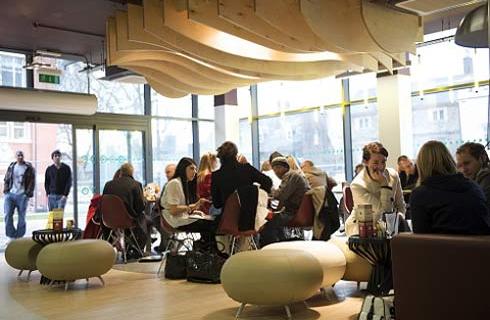
博士学位/ MPhil剧院,电影和电视学
学历文凭
Masters Degree (Research)
开学日期
课程费用总额

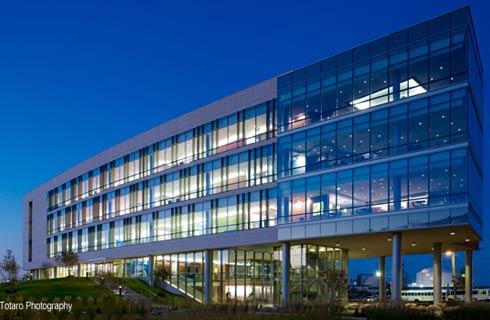
博士学位体育与运动科学
学历文凭
Ph.D.
开学日期
课程费用总额


博士国际政治
学历文凭
Ph.D.
开学日期
课程费用总额

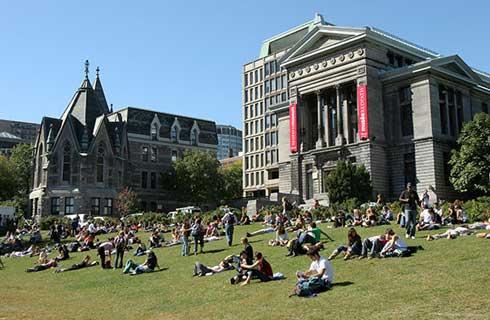
博士/硕士历史
学历文凭
Ph.D.
开学日期
课程费用总额

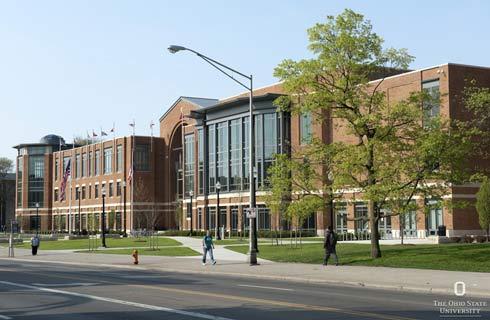
博士/硕士欧洲语言
学历文凭
Ph.D.
开学日期
课程费用总额


博士英语
学历文凭
Ph.D.
开学日期
课程费用总额

其他相关课程

媒体学士荣誉学位
 阿德莱德大学
阿德莱德大学学历文凭
Bachelor Degree with Honours
开学日期
课程费用总额


电影电视硕士
 维多利亚艺术学院
维多利亚艺术学院学历文凭
Masters Degree (Coursework)
开学日期
课程费用总额

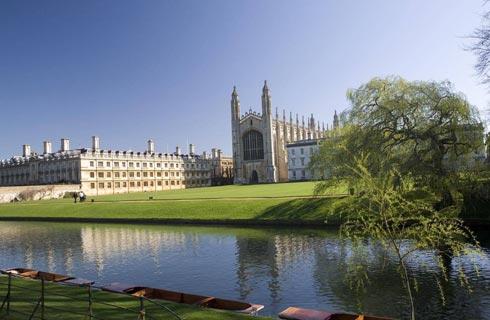
媒体与传播学士(荣誉学位)
 皇家墨尔本理工大学
皇家墨尔本理工大学学历文凭
Bachelor Degree with Honours
开学日期
课程费用总额


互动媒体学士学位,专注于2D动画(标准)
 信息技术学院 AIT
信息技术学院 AIT学历文凭
Bachelor Degree
开学日期
课程费用总额

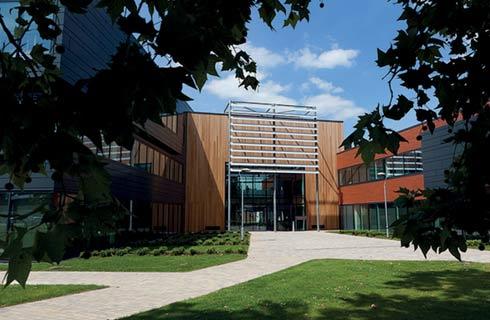
交互式媒体学士学位,专注于2D动画(加速)
 信息技术学院 AIT
信息技术学院 AIT学历文凭
Bachelor Degree
开学日期
课程费用总额

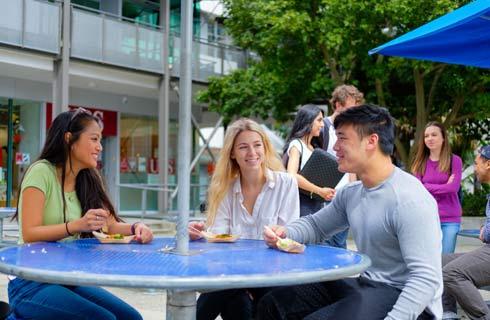
创意艺术学士-新闻学学士
 伍伦贡大学
伍伦贡大学泰晤士高等教育世界大学排名:247
学历文凭
Dual Degree
开学日期
课程费用总额










 英国
英国